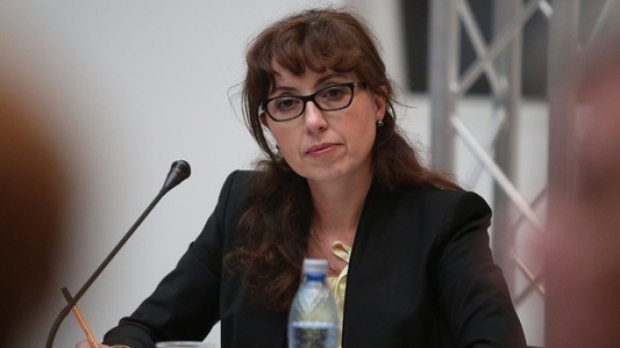The Nagoya-Kuala Lumpur Supplementary Protocol on Liability and Redress to the Cartagena Protocol on Biosafety entered into force on Monday, March 5, 2018.

Adopted on October 15, 2010 in Nagoya, Japan, as a supplementary agreement to the Cartagena Protocol, the Supplementary Protocol aims to contribute to the conservation and sustainable use of biodiversity by providing international rules and procedures in the field of liability and redress relating to living modified organisms (LMOs).
An LMO is defined in the Cartagena Protocol on Biosafety as any living organism that possesses a novel combination of genetic material obtained through the use of modern biotechnology.
Considered a groundbreaking international treaty, the Supplementary Protocol requires that response measures are taken in the event of damage resulting from living modified organisms or where there is sufficient likelihood that damage will result if timely response measures are not taken. The Supplementary Protocol also includes provisions in relation to civil liability.
“The entry into force of the Nagoya-Kuala Lumpur Supplementary Protocol represents a milestone in the history of the Cartagena Protocol on Biosafety. The entry into force of this important instrument provides a key piece of the international regulatory regime applying to living modified organisms. It provides practical rules to respond to damage resulting from living modified organisms that find their origin in a transboundary movement and gives effect to the polluter pays principle,” said Mr. Rafael Pacchiano Alamán, Minister of Environment and Natural Resources, Mexico, and President of the 13th meeting of the Conference of the Parties to the Convention on Biological Diversity (CBD).
Dr. Cristiana Paşca Palmer, CBD Executive Secretary, said: “I welcome the entry into force of the Nagoya-Kuala Lumpur Supplementary Protocol on Liability and Redress. The entry into force of the Supplementary Protocol is a major milestone in the 25 years of the Biodiversity Convention, 15 years of the Biosafety Protocol and represents a major step towards achieving the objectives of the Strategic Plan for the Biosafety Protocol.
“I urge all Parties to the Biosafety Protocol yet to do so to ratify the Supplementary Protocol as soon as possible. I also urge Parties to the Biodiversity Convention that have not yet done so to ratify the Biosafety Protocol so that they can also become Parties to the Supplementary Protocol.”
The following Parties have ratified, accepted, approved or acceded to the Supplementary Protocol: Albania, Bulgaria, Burkina Faso, Cambodia, Central African Republic, Congo, Cuba, Czech Republic, Democratic Republic of the Congo, Denmark, Estonia, European Union, Finland, Germany, Guinea- Bissau, Hungary, India, Ireland, Japan, Latvia, Liberia, Lithuania, Luxembourg, Mali, Mexico, Mongolia, Netherlands, Norway, Romania, Slovakia, Slovenia, Spain, Swaziland, Sweden, Switzerland, Syrian Arab Republic, Togo, Uganda, United Arab Emirates, United Kingdom of Great Britain and Northern Ireland, and Viet Nam.
With generous support from the Government of Japan, through the Japan Biodiversity Fund, the CBD Secretariat is organising activities to support Parties in implementing the Supplementary Protocol at the national level, says the CBD.
Opened for signature at the Earth Summit in Rio de Janeiro in 1992, and entering into force in December 1993, the CBD is an international treaty for the conservation of biodiversity, the sustainable use of the components of biodiversity and the equitable sharing of the benefits derived from the use of genetic resources. With 196 Parties so far, the Convention has near universal participation among countries.
The Convention seeks to address all threats to biodiversity and ecosystem services, including threats from climate change, through scientific assessments, the development of tools, incentives and processes, the transfer of technologies and good practices and the full and active involvement of relevant stakeholders including indigenous and local communities, youth, NGOs, women and the business community.
The Cartagena Protocol on Biosafety and the Nagoya Protocol on Access and Benefit Sharing are supplementary agreements to the Convention. The Cartagena Protocol, which entered into force on September 11, 2003, seeks to protect biological diversity from the potential risks posed by living modified organisms resulting from modern biotechnology. To date, 171 Parties have ratified the Cartagena Protocol.
The Nagoya Protocol aims at sharing the benefits arising from the utilisation of genetic resources in a fair and equitable way, including by appropriate access to genetic resources and by appropriate transfer of relevant technologies. It entered into force on October 12, 2014 and to date has been ratified by 105 Parties.
